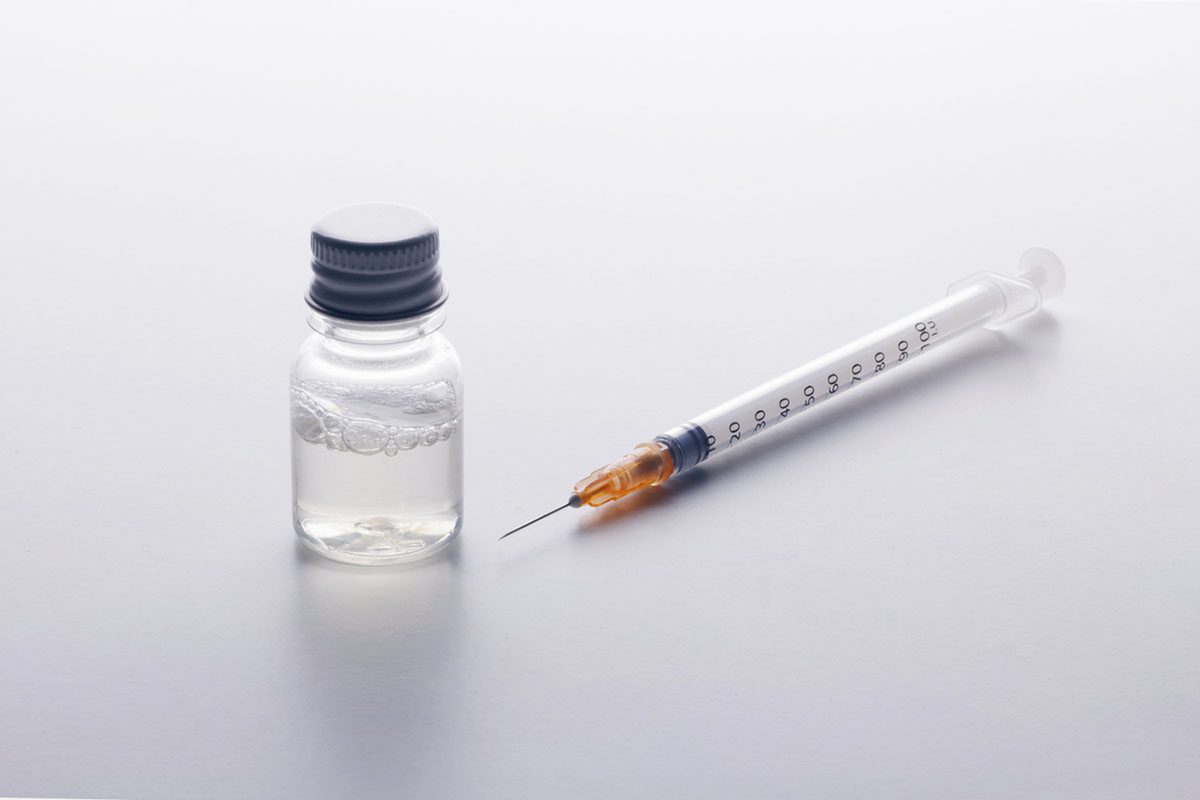See reply by Andrade
J Clin Psychiatry 2021;82(6):21lr14076
To cite: Sinha R. Prazosin for alcohol use disorder: a clarification. J Clin Psychiatry. 2021;82(6):21lr14076.
To share: https://doi.org/10.4088/JCP.21lr14076
© Copyright 2021 Physicians Postgraduate Press, Inc.
aDepartment of Psychiatry, Yale University School of Medicine, New Haven, Connecticut
*Corresponding author: Rajita Sinha, PhD, Department of Psychiatry, Yale University School of Medicine, New Haven, CT ([email protected]).
To the Editor: In the March/April 2021 issue of JCP, Dr Andrade1 discusses recent findings reported by my colleagues and I2 on the use of prazosin in the treatment of alcohol use disorder and more broadly adrenergic agents such as prazosin to address symptoms of alcohol withdrawal in alcohol use disorder. This letter will point out inaccuracies in the summary of findings presented as well as clarify the premise and interpretation of our original study.2
First, it is incorrectly summarized that the study analyses were conducted by grouping patients according to high and low alcohol withdrawal symptoms. Alcohol withdrawal symptoms (AWS) were assessed as a continuous measure in all primary outcome analyses. That is, symptom counts were aggregated in a summary score, and that score was utilized in all primary outcomes analyses so as to avoid use of an arbitrary AWS cutoff score. While there are guidelines for cutoff scores for medical detoxification in the treatment of alcohol withdrawal syndrome, no such thresholds are established for any potential effects of alcohol withdrawal severity on alcohol drinking outcomes. It is only because we found significant AWS interactions with medication condition (prazosin versus placebo) on each primary drinking outcome that we conducted secondary analyses by dividing the sample into high and low AWS groups based on the median score of the distribution. Results of continuous measure of AWS and high and low AWS group analyses on drinking outcomes were highly consistent.
Second, the point that sedative effects may have unblinded the subjects is not based on the data reported. With the 2-week medication titration schedule used in this study, we did not find any differences in sedation rates between placebo and prazosin groups, and frequency of sedative effects in both groups was low, arguing against sedation unblinding the subjects in this double-blind randomized controlled study.
Finally, a point of clarification regarding the premise and interpretation of the findings. This was a proof-of-concept trial that was not targeting a reduction in alcohol withdrawal symptoms as the potential pathway to reduce drinking outcomes. In fact, as pointed out in the column, AWS scores were lower than usually reported in the context of alcohol detoxification or medical concerns regarding alcohol withdrawal severity. Also, we did not find that prazosin reduced alcohol withdrawal symptoms over placebo. In fact, the study goal here was not to treat alcohol withdrawal symptoms. Rather, the focus was to assess whether alcohol withdrawal assessment may serve as a prognostic indicator of severity of alcohol abstinence pathology with the focus of treatment being improvement of alcohol drinking and relapse risk outcomes long term rather than targeting a reduction in acute alcohol withdrawal severity. This is important because of the wealth of evidence suggesting that alcohol abstinence symptoms, including abstinence related anxiety, depression, sleep, and craving and overall distress may maintain alcohol use and increase relapse risk. The premise was to assess whether an easy, clinically useful measure of AWS may serve as a prognostic indicator of treatment to improve drinking outcomes.
Published online: September 21, 2021.
Potential conflicts of interest: None.
Funding/support: None.
References (2)

- Andrade C. Prazosin for alcohol use disorder: a symptom-driven approach to the choice of intervention. J Clin Psychiatry. 2021;82(2):21f13980. PubMed CrossRef
- Sinha R, Wemm S, Fogelman N, et al. Moderation of prazosin’s efficacy by alcohol withdrawal symptoms. Am J Psychiatry. 2021;178(5):447–458. PubMed CrossRef
Save
Cite
Advertisement
GAM ID: sidebar-top




